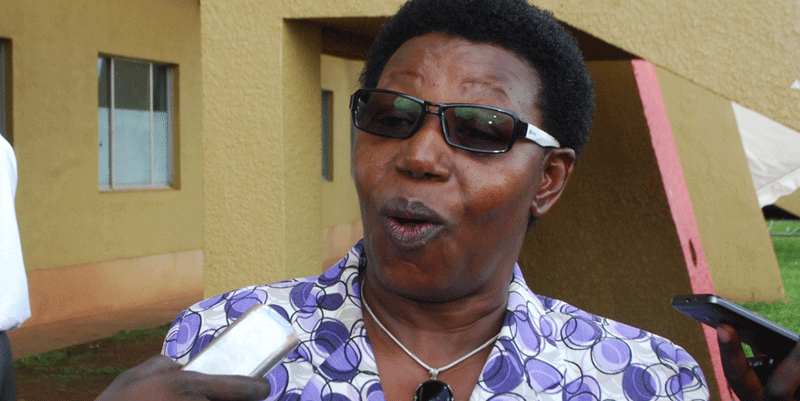Analysis
Civil society tackles voter bribery
Uganda’s mass media airwaves have been awash with messages from religious leaders and civil society urging people to ditch the practice of exchanging their rights for monetary gains – call it voter bribery.
But the campaign is meeting serious obstacles in the form of politicians who are so eager to give out cash and an impoverished and hopeless electorate that sees most politicians as cash cows owing largely to lack of sensitization.
A recent report by the research group Afro Barometer ranked Uganda as the worst country in voter buying in 2011 with 4 out of ten people admitting they accepted money or gifts from politicians in the view to influence their voting pattern.
Fears expressed by some Members of Parliament suggest that the trend is likely to get worse with the current cycle of elections. The civil society’s anti-corruption crusade Black Monday spoke with MPs who are concerned that the cost of running a campaign has increased by almost ten fold and now ranges in hundreds of millions of shillings.
Crispy Kaheru, the coordinator of the pro-democracy centre for electoral democracy group CEDU criticized the flow of ‘Black Money’ for undermining people’s will and democracy.
“As we head towards 2016, which puts the vote in the hands of money, more so, ‘black money’. We must vehemently denounce the skewed philosophy that those who have ‘the money’ make the rules and the agenda,” Kaheru wrote in the March 2015 edition of Black Monday.
The Afro-barometer survey (2011) further reveals that much as 52% of Ugandans were aware that vote buying is wrong, 38% believe it can be tolerated, while 9% think the practice is not wrong.
Former ethics minister Miria Matembe, is concerned that the cancer of electoral corruption has become a complex problem for society not just politicians. Matembe says that the problem needs urgent action.
My vote is my voice
Matembe appealed to law enforcement agencies to crack the whip on violators of the legal provisions on voter buying.
Electoral bribery is illegal under Ugandan regal framework. Section 69 of Parliamentary Elections Act (2001) and section 64 of the Presidential Elections Act (2005) both outlaw voter bribery, with a prescribed sentence of three years imprisonment upon conviction of fine.
Know the value your vote
As a sign of worrying levels of voter bribery in Uganda, perpetrators of the offence these days have the audacity to jail those who come out to speak out against the vice.
On Saturday November 7, 2015, according to former minister Matembe, one Robert Kakuru, a Coordinator of Kick Corruption Out of Kigezi (KICK) was arrested after speaking against voter bribery on Voice of Kigezi.
Kakuru was charged with inciting violence and released on police bond. His arrest was allegedly orchestrated by the State Minister of Finance in charge of Planning David Bahati. Matembe urged Ugandans to say no to voter bribery.
With the recently amended electoral laws, Matembe expressed fear that government officials with dip their hands into public coffers to obtain money for politicking purposes
Matembe explained the dangers of voter bribery including the risk of eroding fair competition,denying people their rights to hold their leaders accountable.
From an economic standpoint, voter buying, some experts have warned contributes to inflation and other fiscal-economic imbalances such as miss-allocation of social services in favour of the rich that contributed towards someone’s campaign.
Comments



















